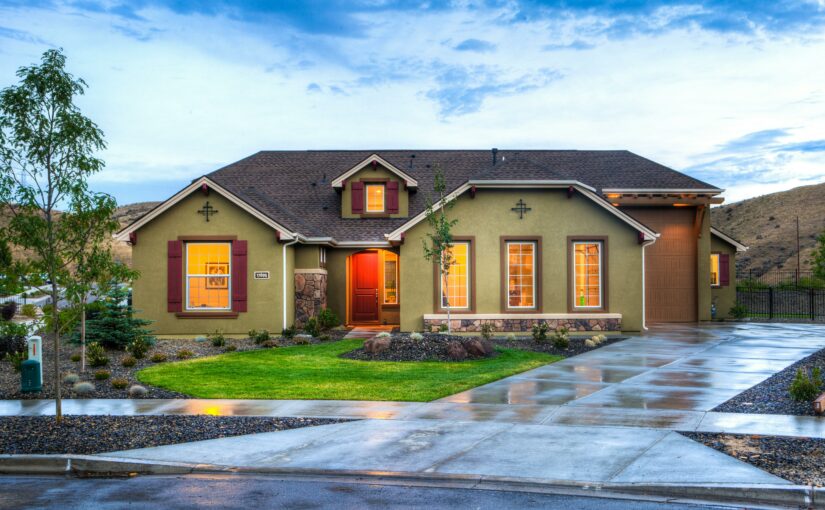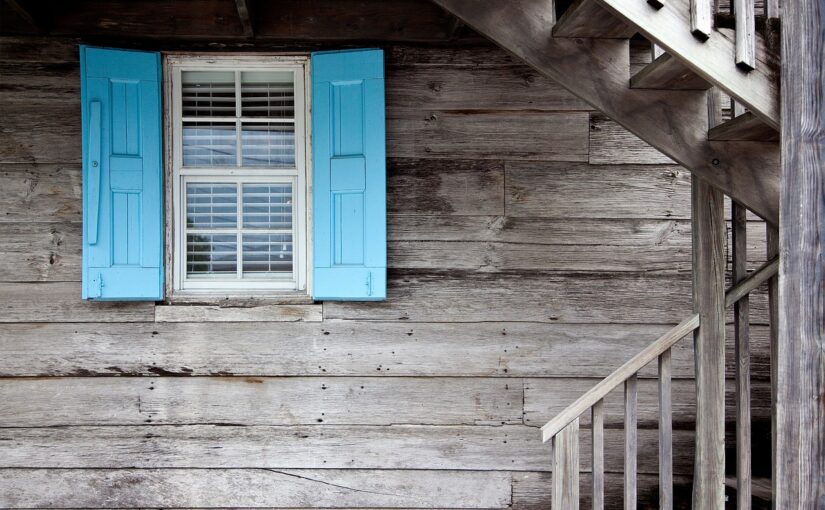Have you ever thought about owning a home without working your whole life to pay for it? You’re not alone. Property prices in America can feel overwhelming, especially in big cities. Yet many regions across the country offer affordable, high-quality housing options that often fly under the radar. In this guide, we’ll explore overlooked areas where you can find cheap houses for sale in America. We’ll also discuss practical tips to help you land a great deal in these hidden pockets of opportunity.
Why Look Beyond Major Cities?
When people talk about real estate in the United States, they often mention cities like New York, Los Angeles, or Chicago. These bustling hubs might have their own charms, but their high property prices can leave many buyers feeling priced out. That’s why exploring smaller cities and rural areas can be a smart move.
- Lower Competition: Popular metros often attract heavy buyer interest. Smaller towns tend to have less of that frenzy, which might give you an advantage when making offers.
- Potential for Growth: Some of these lesser-known areas are on the cusp of development. Get in early, and you could enjoy home appreciation as the town grows.
- Quality of Life: Busy cities aren’t for everyone. Peaceful surroundings, friendly neighbors, and a slower pace of life appeal to many who move away from larger metropolitan areas.
You don’t have to compromise on amenities, either. Many smaller towns have decent schools, restaurants, and healthcare facilities. Some even have robust arts scenes or local festivals. With a bit of research, you can find all the comforts you need at a fraction of the cost.

The Appeal of Cheap Houses for Sale in America
“Cheap” can be a loaded word, but in real estate, it simply means more value for your money. Affordable homes can range from cozy bungalows to larger, family-friendly houses in good neighborhoods. When searching for cheap houses for sale in America, consider factors like:
- Market Trends: Look at whether prices in a certain region are rising or falling. If prices are steadily climbing, that could signal a promising investment.
- Cost of Living: A lower house payment might not help if other expenses are sky-high. Check local taxes, groceries, and utility costs before you commit.
- Employment Opportunities: An area with a stable job market tends to hold its value. If you’re planning to work locally, you might also find it easier to settle in.
- Long-Term Goals: Do you plan to live there full-time, rent it out, or flip the house? Each scenario affects how you evaluate potential properties.
You can sometimes snap up a fixer-upper at a rock-bottom price, then renovate it into a dream home. In many cases, the cost of buying and fixing is still cheaper than purchasing a move-in-ready home in a pricier region.
Tips for Finding Affordable Homes
1. Research Local Listings
Spend time on real estate websites and local classifieds. Look for patterns in listing prices. If you see properties consistently selling below the national average, you might have found a hot spot. Local papers can also be a goldmine for off-market listings or property auctions.
2. Use Online Filters
Many real estate platforms let you set a maximum price point. Filter by “lowest price first” to reveal hidden gems. You can also sign up for alerts. Whenever a home within your budget pops up, you’ll get an email or phone notification.
3. Talk to Local Agents
Real estate agents in small towns know their communities well. They’re aware of upcoming listings, foreclosures, and insider deals. A local agent might show you properties before they hit the open market, which can give you a competitive edge.
4. Explore Foreclosures and REOs
Foreclosures and Real Estate Owned (REO) properties can sometimes sell at below-market prices. These houses come with their own challenges—often needing repairs—but you can end up with a fantastic deal if you’re ready to put in the work.
5. Attend Auctions
Property auctions can be exciting and nerve-wracking. Do plenty of research first. Check the property’s condition, estimated market value, and any outstanding liens. Winning at an auction can land you a bargain, but you’ll want a solid strategy in place to avoid paying too much.
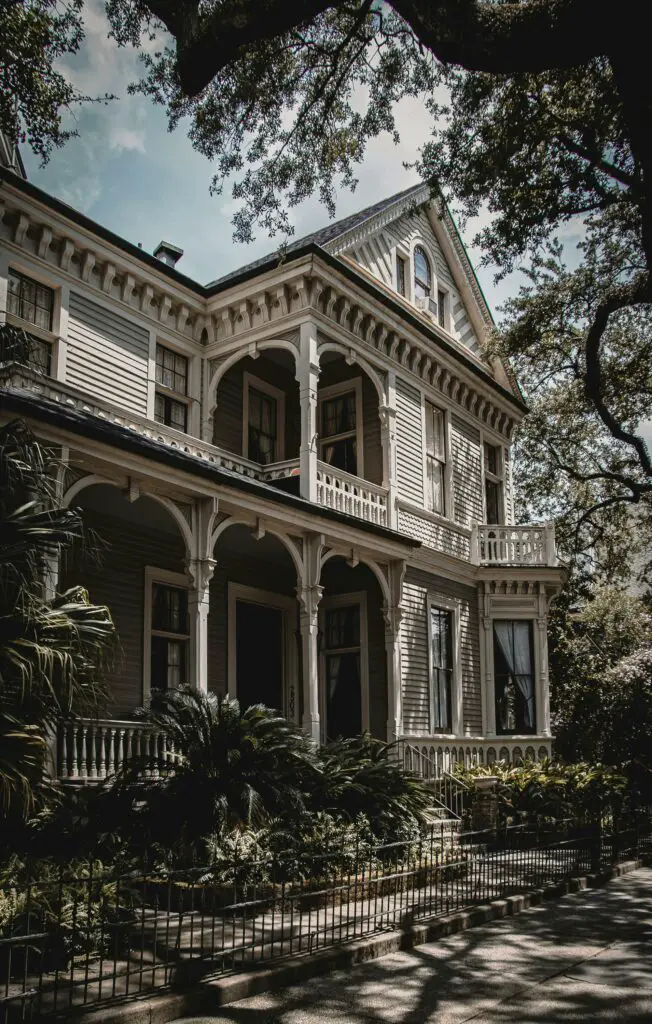
Underrated Regions to Explore
Now that you know how to find cheap houses for sale in America, let’s dive into specific regions. These areas aren’t usually the first places people think to move, but they’re worth a closer look.
A. The Rust Belt Revival
States like Ohio, Michigan, and Pennsylvania have cities that once relied heavily on manufacturing. Some parts of these states went through economic downturns, leading to lower home prices. But many communities are now bouncing back:
- Youngstown, Ohio: Home prices here can be significantly lower than national averages. Revitalization efforts have also brought new businesses to the area.
- Erie, Pennsylvania: Located along Lake Erie, this city offers scenic lakefront living at a surprisingly affordable cost.
B. Midwest Small Towns
The Midwest is famous for its open skies and friendly folks. Many small towns throughout Iowa, Kansas, and Missouri have stable housing prices that remain low compared to coastal areas.
- Des Moines Suburbs: The suburbs around Des Moines often feature tidy neighborhoods with affordable single-family homes.
- Wichita, Kansas: Some neighborhoods remain incredibly budget-friendly. Commuting times are also short, which is a plus for working families.
C. The South’s Hidden Corners
The American South is vast and diverse. While cities like Atlanta or Nashville might feel pricey, smaller cities and rural zones can be quite wallet-friendly.
- Arkansas: Look beyond Little Rock to find smaller towns with pleasant weather, natural beauty, and cheap real estate.
- Alabama: Northern Alabama, near the Tennessee border, has charming communities with modestly priced homes.
D. The Great Plains
If wide-open spaces are your thing, states like North Dakota and South Dakota offer uncrowded landscapes and surprising affordability.
- Bismarck and Surrounding Areas: These regions often see steady job markets, thanks to local energy industries and healthcare. Housing prices stay reasonable.
E. Remote Mountain Towns
Not all mountain towns are expensive resorts. Look into lesser-known areas in states like Idaho, Montana, and West Virginia. They can deliver jaw-dropping scenery without the sky-high price tags.
- Eastern West Virginia: You’ll find quaint mountain towns that cost far less than their ski-resort neighbors in nearby states.
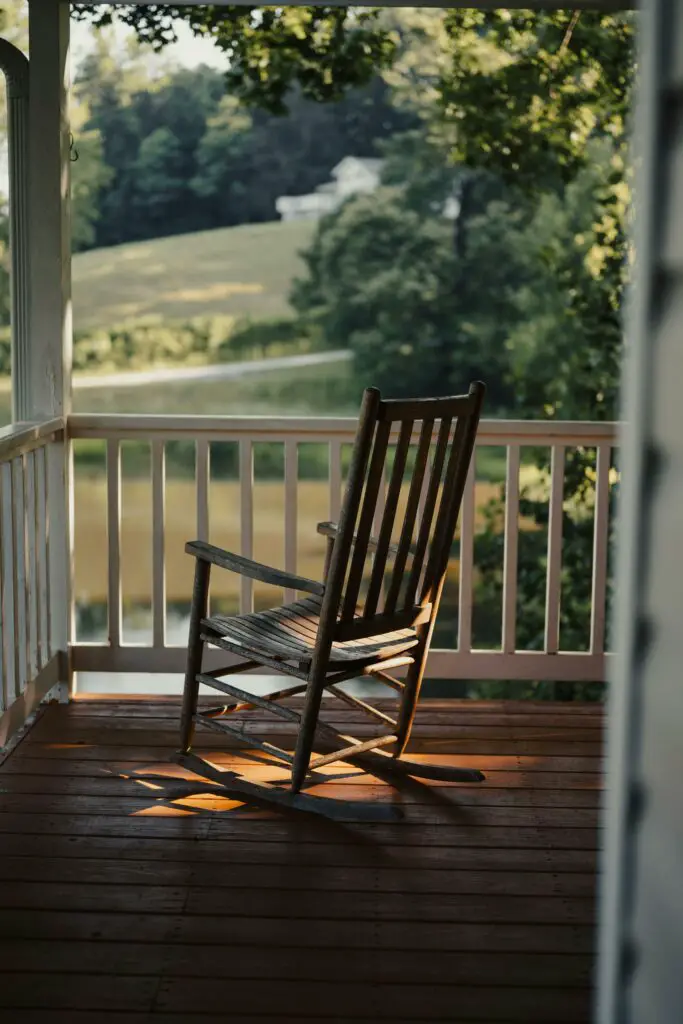
What to Check Before You Buy
Neighborhood Infrastructure
Make sure the town you’re looking at has the basics you need—like grocery stores, gas stations, and a reliable hospital. Reliable internet is also a must if you plan to work remotely or stream your favorite shows.
Transportation Options
If you need to commute, consider how far you’ll have to drive. Check for bus routes or train stations if you prefer public transportation. Lower housing costs might lose their appeal if you spend hours on the road each week.
Local Taxes
Property taxes vary widely by state and county. High taxes might offset the benefit of a cheap purchase price. Do the math on annual property taxes before you commit.
Potential for Growth
A region with population growth or new businesses can offer better long-term value. Research local news to see if a major employer plans to move in soon. That can spark a property value climb in the coming years.
Condition of the Property
Budget-friendly homes might need some work. A detailed home inspection is crucial. Factor in repair costs when calculating your total investment. Cosmetic fixes are usually manageable, but issues with wiring, plumbing, or the foundation can quickly add up.
Financing Your Affordable Purchase
Lower-priced properties don’t always mean easy financing. Lenders sometimes shy away from very cheap homes due to perceived risk or property condition. Here’s how to handle it:
- Get Pre-Approved: A pre-approval letter shows sellers you’re serious. It also clarifies how much you can borrow.
- FHA or USDA Loans: Government-backed loans help qualified buyers secure affordable homes in certain regions. USDA loans can be especially helpful for rural properties.
- Local Bank Loans: Small-town banks often understand local property values better than national lenders. They might offer more favorable terms or fewer hoops to jump through.
- Renovation Loans: A 203(k) loan or similar product can bundle renovation costs into your mortgage. That can help if you find a fixer-upper that needs immediate work.
Linking to Your Previous Research
If you’re a first-time homebuyer trying to get a handle on costs, check out our earlier post on Budget-Friendly Housing Options for First-Time Homeowners in the U.S. It breaks down crucial tips to make your first purchase more manageable. Even if you’ve owned a home before, you might pick up fresh insights to help you land a better deal.
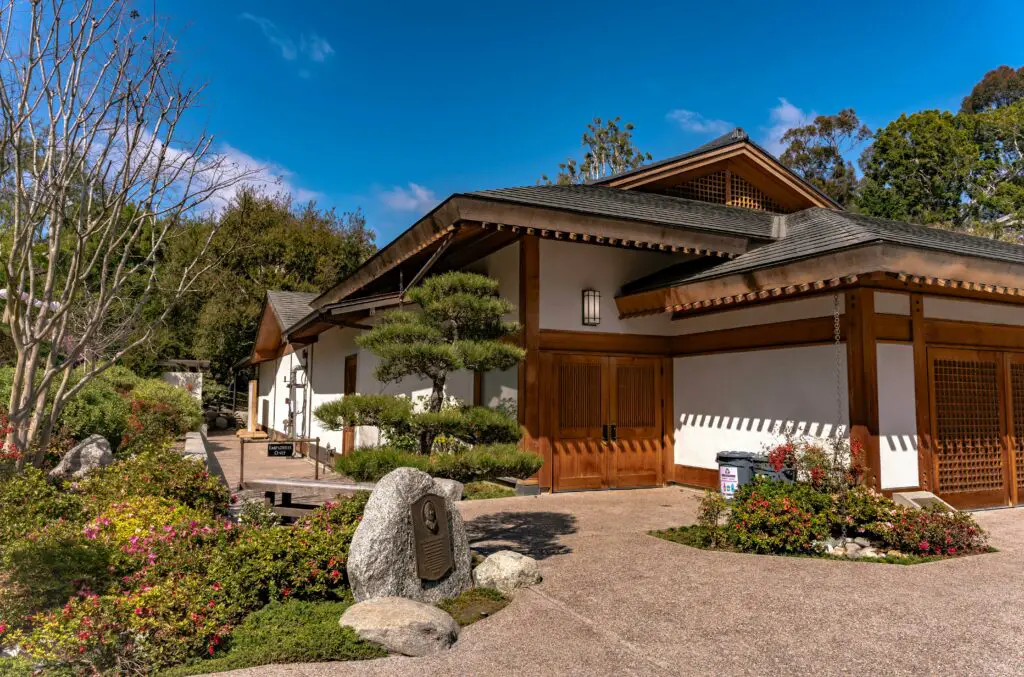
Action Plan for Buyers
Here’s a quick roadmap to stay organized during your property hunt:
- Set Your Maximum Budget: Determine your upper price limit, accounting for repairs, taxes, and other fees.
- Pick a Few Regions: Focus on states or towns with a reputation for affordability. It’s easier to do deep research on a couple of areas than to scatter your efforts nationwide.
- Follow Local Market Trends: Watch how long houses stay on the market and track closing prices. Consistent tracking reveals patterns.
- View Properties In Person: If possible, visit the area. Pictures can be deceiving. You’ll learn a lot by walking the neighborhood.
- Plan for Negotiations: Sellers in smaller towns may be open to negotiating. Come prepared with data on comparable homes and any needed repairs.
- Consult Professionals: Team up with a local real estate agent, a trusted lender, and a thorough home inspector.
Red Flags to Avoid
Even cheap houses for sale in America can have pitfalls. Keep your eyes open for:
- Extreme Deferred Maintenance: If owners neglected basic upkeep for years, you could face a massive repair bill.
- Flood Zones or Natural Hazards: Check FEMA flood maps or local zoning rules. Lower prices sometimes reflect higher risk.
- Local Economic Decline: Some areas stay cheap because businesses and residents are leaving. Research local job data to ensure the town’s economy isn’t on a downward spiral.
- High Crime Rates: An affordable property in a high-crime neighborhood might turn into a headache. Check local crime statistics and speak to local law enforcement if you have concerns.
Wrapping Up
Cheap houses for sale in America aren’t just found in the heartland or far-flung corners of the map. They’re scattered across every region—often in places that don’t make the headlines. With the right approach and thorough research, you can find a property that suits your budget and lifestyle. Lower prices don’t have to mean lower quality of life. In many cases, they mean a laid-back pace, friendly neighbors, and a strong sense of community.
Now is a great time to explore all the possibilities out there. With the right plan and a bit of flexibility, you can discover hidden gems that fit both your budget and your dreams. Dive into local listings, talk to experts in the area, and keep an open mind about places you never considered before. Your next home—one that doesn’t cost a fortune—could be waiting in an unexpected corner of America. Happy house hunting!
